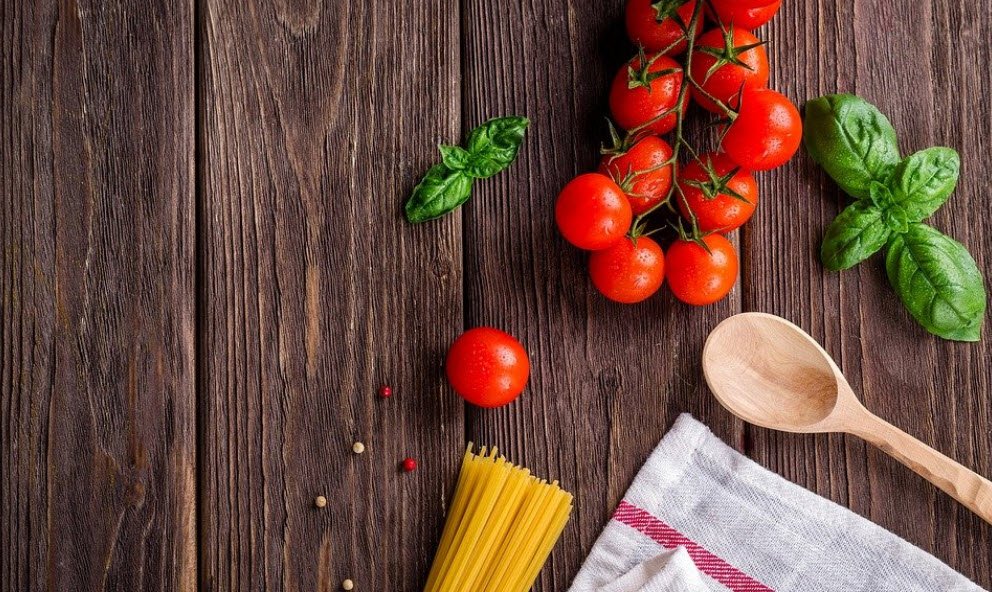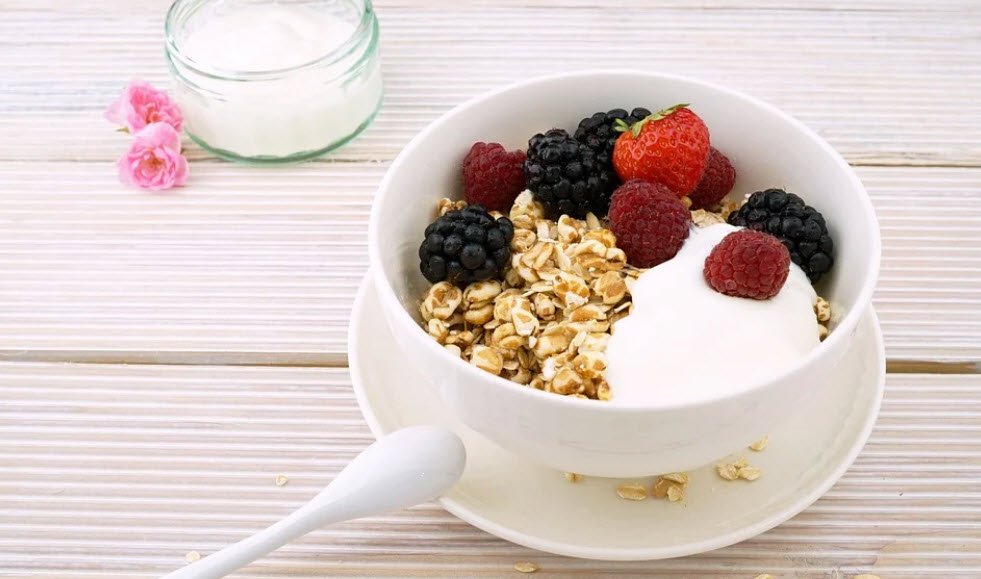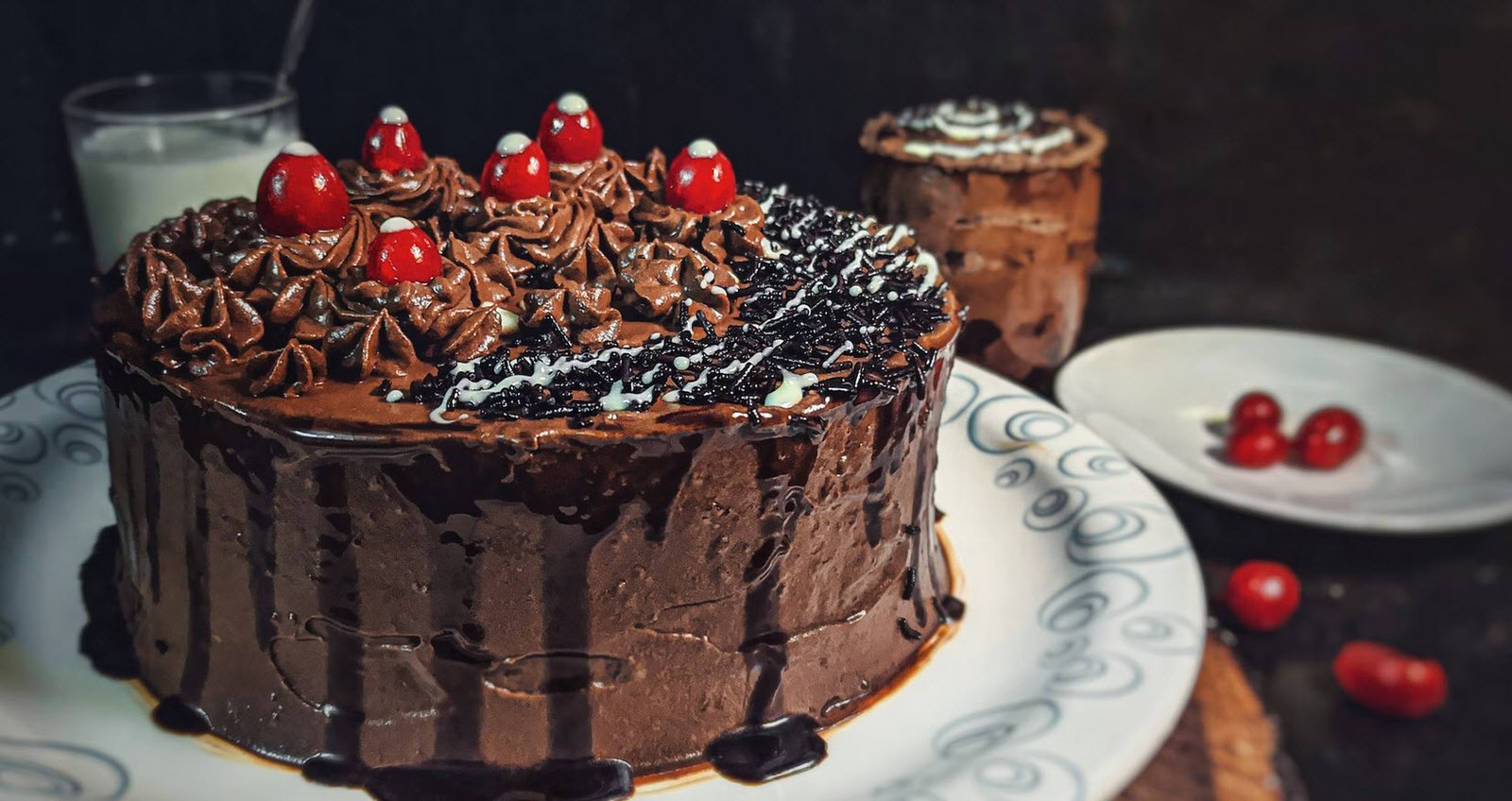
Food is the most powerful drug on the planet. It can improve the expression of thousands of genes, balance dozens of hormones, optimize tens of thousands of protein networks, reduce inflammation, and optimize your microbiome (gut flora) with every single bite.
It can cure most chronic diseases; it works faster, better, and cheaper than any drug ever discovered; and the only side effects are good ones—prevention, reversal, and even treatment of disease, not to mention vibrant optimal health.
The purpose of this article is to separate fact from fiction, to bust myths and tell the truth about what we know, what we don’t, and what we need to eat to thrive.
1. Oatmeal is a healthy breakfast?
Oatmeal has been touted as heart-healthy because the bran it contains reduces cholesterol. However, there is often a ton of sugar in instant or microwavable oatmeal. Don’t believe health claims on the label or endorsements from the American Heart Association. The AHA gets $300,000 when a product’s company puts the AHA’s seal of approval on the label. And oatmeal spikes insulin and blood sugar, which makes you even hungrier. It’s definitely not heart-healthy and it promotes weight gain. Oat bran itself is fine, but not instant oatmeal. And steel-cut oats are not that much better.

2. You should avoid egg yolks because they raise your cholesterol and cause heart attacks?
After decades of avoiding eggs because we were told that cholesterol caused heart attacks, the 2015 US Dietary Guidelines officially exonerated them, finding no link between dietary cholesterol and heart disease. Now eggs are a health food.
3. Orange juice is a great way to start the day?
Orange juice is essentially soda with some vitamins. One 12-ounce glass contains about the same amount of sugar as a 12-ounce Coke. Definitely not a health food. Eat the orange instead.
4. Red meat is unhealthy and causes cancer and heart disease?
Red meat has been vilified for decades as a source of saturated fat and a cause of heart disease. It turns out neither meat nor fat is the enemy; indeed, meat is a great source of protein and key nutrients.
5. The best way to lose weight is to eat a low-fat diet?
We now know the main cause of weight gain. It is insulin, our fat-storage hormone. When you eat a low-fat diet you almost automatically eat a high-carb diet. In a review of fifty-three studies comparing low-fat and high-fat diets for weight loss, the high-fat diets won every time. The higher the fat, the lower the carbs, the greater the weight loss. It’s not about the calories themselves, but how those calories affect your metabolism. Fat speeds up your metabolism and burns body fat. Carbs slow it down and promote weight gain.
6. Gluten-free food is healthy?
Gluten-free processed foods are definitely not healthy. They contain sugar, other types of high-glycemic flour, thickeners, and more. Gluten-free cakes and cookies are still cakes and cookies. Other gluten-free foods are great—avocados, chicken, broccoli, apples.
7. If you want to lose weight, you should eat less and exercise more?
The lie we have all been told is that weight loss is only about calories. Eat less, exercise more. A thousand calories of Pepsi are the same as a thousand calories of almonds. Nonsense. This makes no intuitive sense, and science has proven that calories that spike your blood sugar and insulin (sugar and starch) promote weight gain, while calories that don’t spike blood sugar and insulin—especially fat and vegetables and some protein—actually speed up your metabolism.
8. Dairy is nature’s perfect food; it is essential for kids to grow and build bones and can prevent fractures?
Dairy is nature’s perfect food, but only if you are a calf. It does not promote healthy bones or prevent fractures. It has more than sixty naturally occurring hormones that can cause cancer and weight gain. And low-fat milk is even worse. Is a glass of milk better than a Coke? Yes. Is it better than water?
9. You should avoid butter because it has too much saturated fat and causes heart disease?
Butter has been on the “don’t eat” list for decades. But now we have found out that margarine and butter substitutes kill tens of thousands of people a year. It turns out saturated fat is not the enemy we all thought it was, and it’s been shown to have no effect on heart disease.
10. Vegetable oil is better for you than butter?
Other than extra virgin olive oil, vegetable oils (polyunsaturated fats) are a relatively new food. They were invented in the early 1900s, and our consumption has increased a thousand fold since then. Seed, bean, and grain oils (sunflower, soy, corn) are unstable, oxidize easily, and create inflammation. Most of the studies showing that these oils are beneficial include healthy anti-inflammatory omega-3 fats (from fish oil, flaxseeds, and walnuts). When you look at just the omega-6s (from refined vegetable oil), these oils increase the risk of inflammation as well as heart attacks.
You may also like:- Delicious Heart-Healthy Fruits and Vegetables to Include in Your Diet
- The Health Benefits of Concord Grape Juice
- Understanding Food Cravings – What Do They Mean?
- The Healthiest Seafood to Incorporate into Your Diet
- Top 12 Vegetarian Protein Sources You Need To Know
- 5 Heart-Healthy Nutrients Beyond Fish Oil
- Best 16 Christmas Candies, Cakes and Puddings
- Six Important Medicinal Properties of Ashwagandha
- Top Benefits and Medicinal Properties of Peppermint
- Top 10 Best Indian Food in West Delhi








